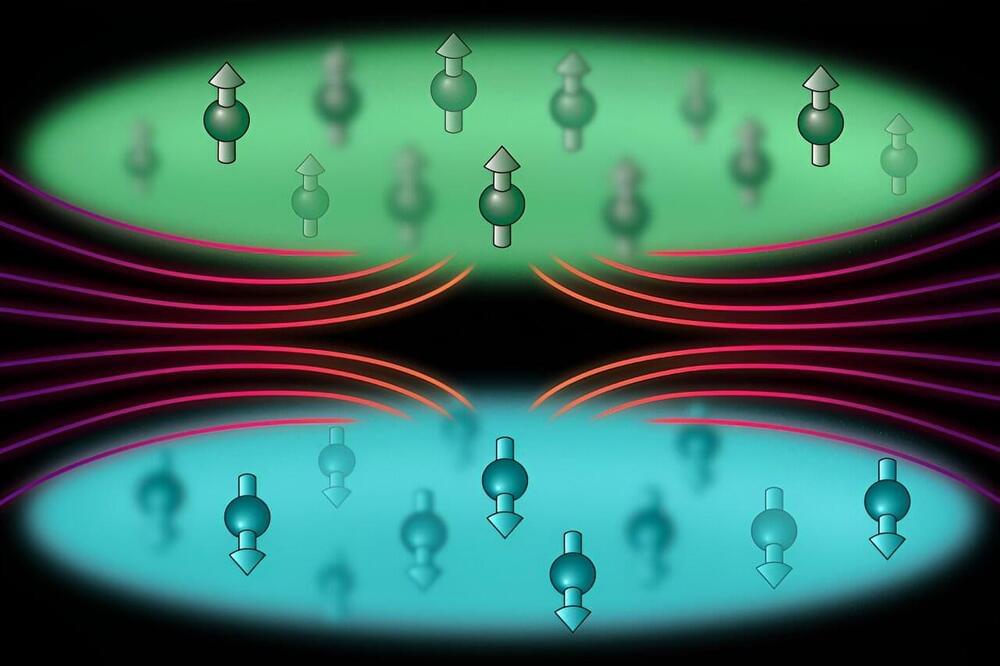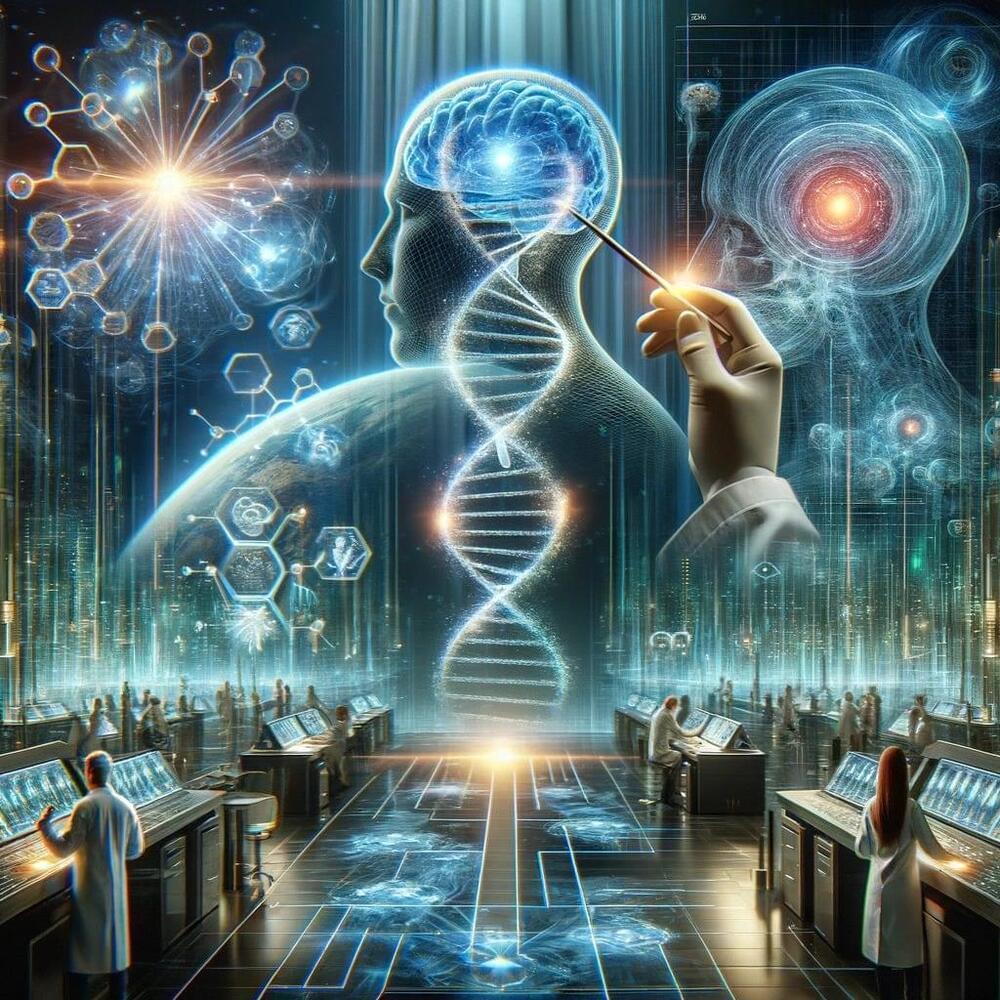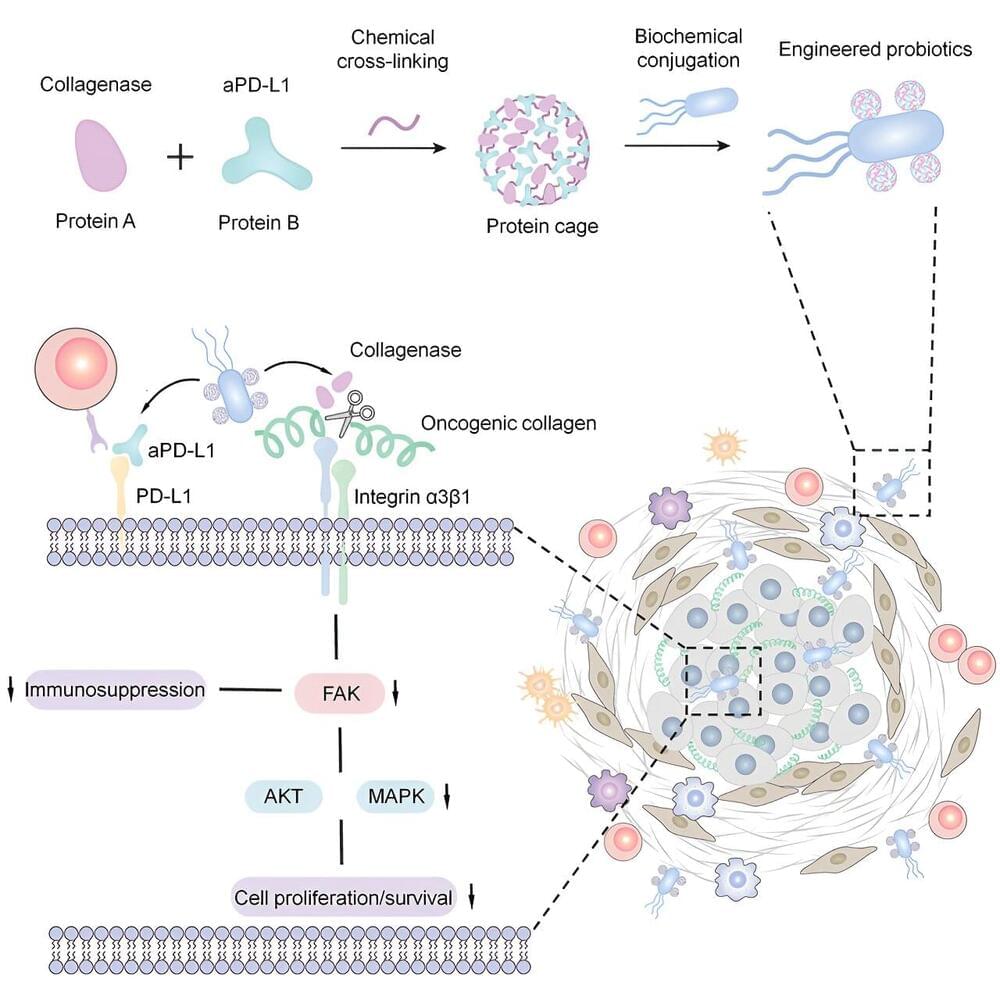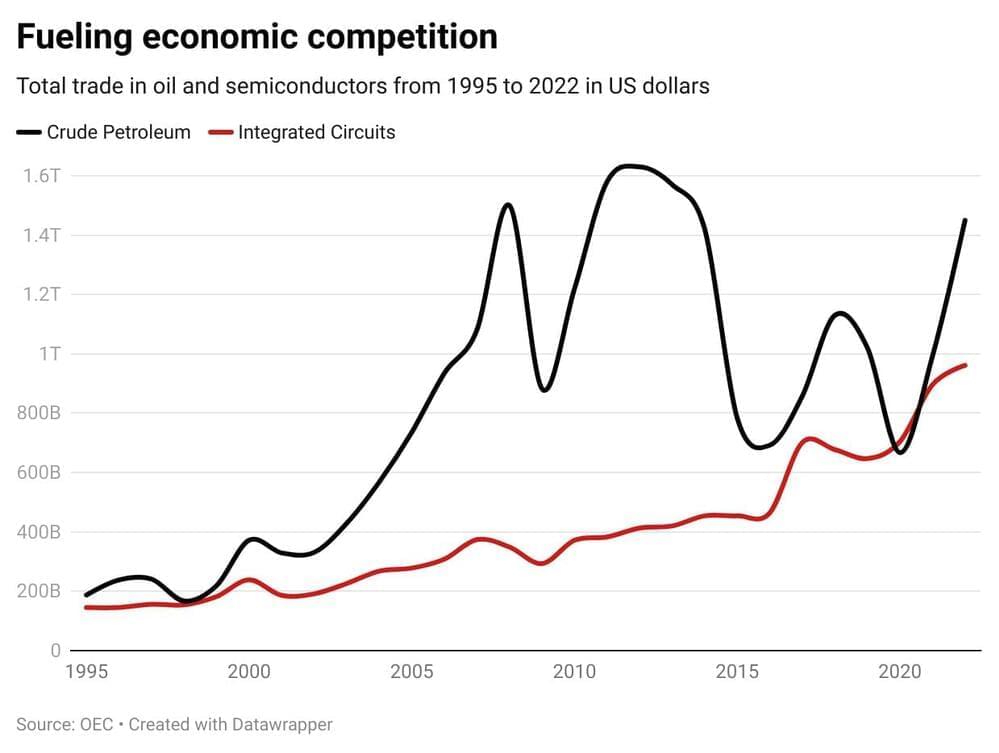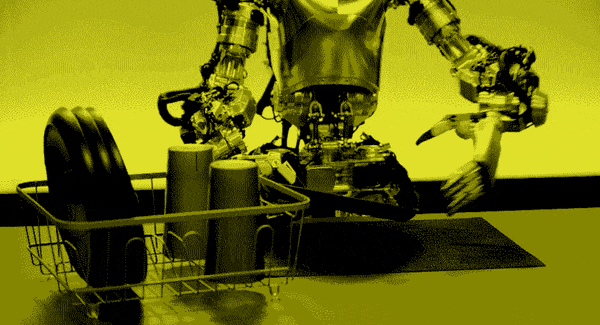May 2, 2024
Challenges of Exoplanet Exploration: Defining Biosignatures on Distant Worlds
Posted by Laurence Tognetti, Labroots Inc. in categories: computing, space
Exoplanet, K2-18b, raised several eyebrows with both the scientific community and the public in 2023 when NASA’s James Webb Space Telescope found a molecule called dimethyl sulphide (DMS) in the atmosphere of this Hycean world. However, a recent study published in The Astrophysical Journal Letters consisting of a team of international researchers led by the University of California, Riverside (UC Riverside) use computer models to challenge these recent findings. This study holds the potential to help scientists better understand what data analysis methods are the most efficient in identifying potential biosignatures on exoplanets.
“What was icing on the cake, in terms of the search for life, is that last year these researchers reported a tentative detection of dimethyl sulfide, or DMS, in the atmosphere of that planet, which is produced by ocean phytoplankton on Earth,” said Dr. Shang-Min Tsai, who is a postdoctoral researcher at UC Riverside and lead author of the study.
For the study, the researchers used a variety of 2D and 3D computer models to ascertain the likelihood of detecting DMS within the data. in the end, they found that DMS could not be detected within the data but were quick to note that accumulation of DMS could result in it reaching amounts where it could be detected. To find DMS, JWST would need to use a more powerful instrument than what it used last year to identify DMS, which it hopes to use later this year.

